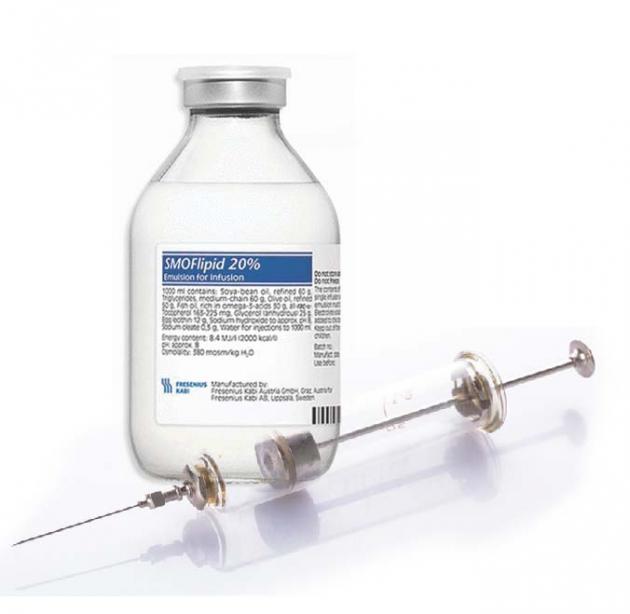Family members of four infants who died at Ewha Womans University Medical Center (EUMC) called for an investigation into the hospital’s monetary handling and administration of a nutritional injection given to the newborns leading to their death.
Last month, the Seoul Metropolitan Police Agency said the cause of death of the four newborns who died within 90 minutes of each other at EUMC was blood poisoning from a Citrobacter freundii bacteria infection.
Police say the overseeing nurses infected the four infants after giving them injections of SMOFlipid from one bottle, and not from separate ones as per standard protocol, which caused them to die of blood poisoning.

SMOFlipid, which is covered by national insurance, comes in 100 mL, 250 mL, and 500 mL doses. In the U.S., the box contains a complete FDA boxed warning that reports associated “deaths in preterm infants” while the “safe and effective use of Smoflipid in pediatric patients, including preterm infants, [is] not established.”
The standard SMOFlipid administration method for infants, however, is to use around 20 mL and discard the remaining bottle to prevent the risk of infection. The Health Insurance Review and Assessment Service (HIRA) in Korea covers the cost of each bottle even if the remaining fluid is discarded.
But, according to the police, EUMC bought SMOFlipid in 500 mL doses and, instead of using 20 mL of the fluid and discarding the rest, used one bottle to make seven injections to give to five newborns, sidestepping safety measures.
Although EUMC only used one 500 mL bottle for seven injections, the hospital allegedly made false insurance claims to HIRA for seven 500 mL bottles, making a profit off the discrepancy, according to family members.
Bereaved family members and a patient advocacy group are now calling for further investigations into the hospital’s handling of medication costs, saying that each family was charged for one whole 500 mL bottle of SMOFlipid.
“We found out that our children died while EUMC made false claims for treatment costs. The hospital charged each family 20,672 won, the cost of one bottle, for each newborn, which we discovered after checking our medical bill,” said Cho Sung-chul, the representative of the bereaved family members.
The families publicized the medical bills, which confirmed the hospital charged each family one 500 mL bottle, raising further criticism that EUMC aimed to profit off the treatments.
“The greed of EUMC killed the children,” Cho said while calling for investigations into all medications that can be exploited in a similar matter, saying that “it is a clear fact that this is not the only case.”
Korea Alliance of Patients Organization, the patient advocacy group, said Thursday said that the cause of the deaths is not due to medical costs or medical staff – as alleged by those in the medical field – but because of illegal activities.
“If EUMC had used the necessary amount for each infant from one bottle of SMOFlipid and discarded the remaining fluid, then the Citrobacter sepsis infection may not have occurred,” the patient group said.
The organization additionally called on the investigating authorities to clarify if the false claims on insurance coverage were made at the organizational level or by individual staff.
EUMC's medical director Shim Bong-suk and hospital director Chung Hye-won expressed their willingness to step down Wednesday.
Kim Hei-sook, president of Ewha Womans University, said, “The hospital director and department director declared their willingness to resign as an act of taking responsibility for the incident.”
“All faculty are feeling devastated over the deaths that occurred at the neonatal intensive care unit. We require the faculty’s energy to be reborn as a leading hospital that serves as a role model for other hospitals and to make sure this does not happen again,” Kim added.
Despite the university president’s efforts to rectify the problem with the creation of an emergency planning committee, Kim drew fire for naming department director Chung Hye-won as head of the emergency planning committee and staffing the panel with other hospital employees.

